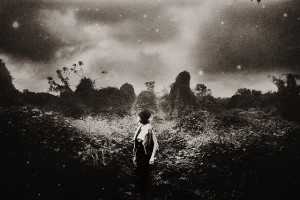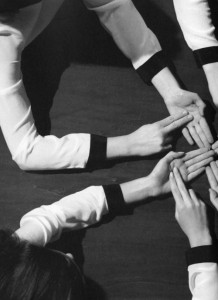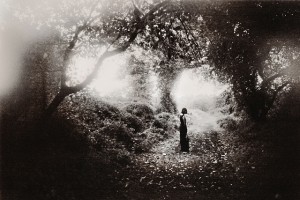Perhaps inevitably, after all these years living in the universe of my computer, I am struck by the gravitational pull of my new home, this university. One of the ways it seeks to replicate itself, like any good virus, is through language, itself a social viral activity. It’s hard not to be struck, for instance, by the acronymization of language — fyi I’m an mfa with 1/2GA omg — all those dreaded English words no longer need to be spoken, like the name of God in the Jewish religion.
I’ve been here only a few hours, but I’ve heard the work that I do, and the work that others around me do, re-described as research. And it made me wonder: what is research? Re, the prefix, is a Latin derivation, and it means to do something again, it signifies a backwards motion. It’s a tone in music, and also an acronym for Real Estate, Reformed Episcopal, Religious Education, Right Excellent and Royal Engineers. It also has something to do with regarding, in regard to, concerning. It’s a word that is also a pointer.
And then there is searching. I guess I must have lost something, why else would I be looking for it? Why else would I be searching? And I haven’t only lost it once, I seem to lose it again and again, and this prompts: a re-searching. The backward movement that is the forward movement. It’s a kind of music, a kind of real estate. I think this is a beautiful challenge: how can I lose something again and again? Maybe I never had it in the first place.
What I think the word “research” is inviting me to embrace is a form of not knowing, and I think this is so important. If I’m going to do research in this room, it’s important for me not to know what’s already going to happen in this room. The usual schtick in a place like this, in rooms like this one, is that we’re going to come here in order to know more, in order to accumulate, to grasp. But as the words of the university so helpfully remind us: we are also here not to know, not to accumulate. We’re also here to get lost, again and again.
I think of artists as the most practical of people because an artist is always engaged with materials of some kind. What could be more practical than the question of material interaction, with the question of relationship? If I was a philosopher I would be content to dream away ideas, but as an artist I am compelled to ask: what is the practise of research, the practice of being lost, the practice of not knowing? What does it look like, taste like, feel like? How do I do it?
These are questions that I don’t really want to answer, in fact, if the word research might act as a guide, there is a suggestion that there are many questions which are powerful and important exactly because the answers won’t come and tidy them up, and make them safe and contained and knowable. I’ll never be able to look for something if I already know where it is. But perhaps I could venture this far, and suggest that the practice of not knowing has something to do with preferences. In some ways, I’m very traditional, and so this practice of illuminating and observing preferences – I like this, I don’t like this – without a reaction shot – these practices are many centuries old, and often involve very simply sitting still and observing respiration. The breath. The universe of the inhale and the exhale. I’m not trying to get anywhere when I do this, I’m not trying to achieve some special state. I’m not trying to have more of something or less of something. But it helps me to get lost. Again and again. It helps me not to know so that I can walk into rooms like this. It’s the way I do my research.
September 3, 2012



